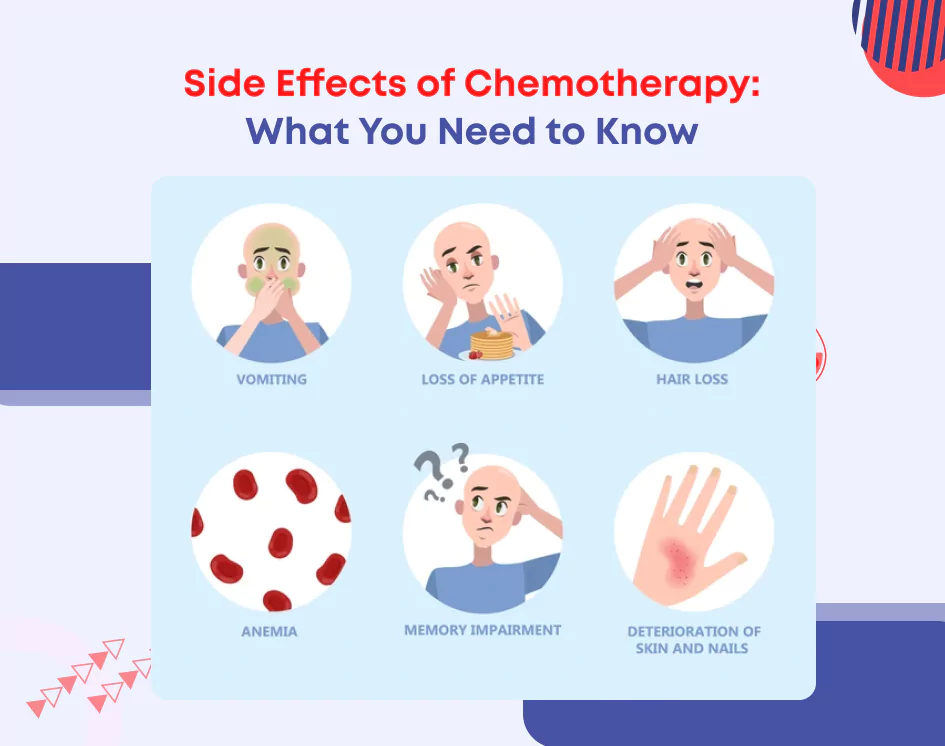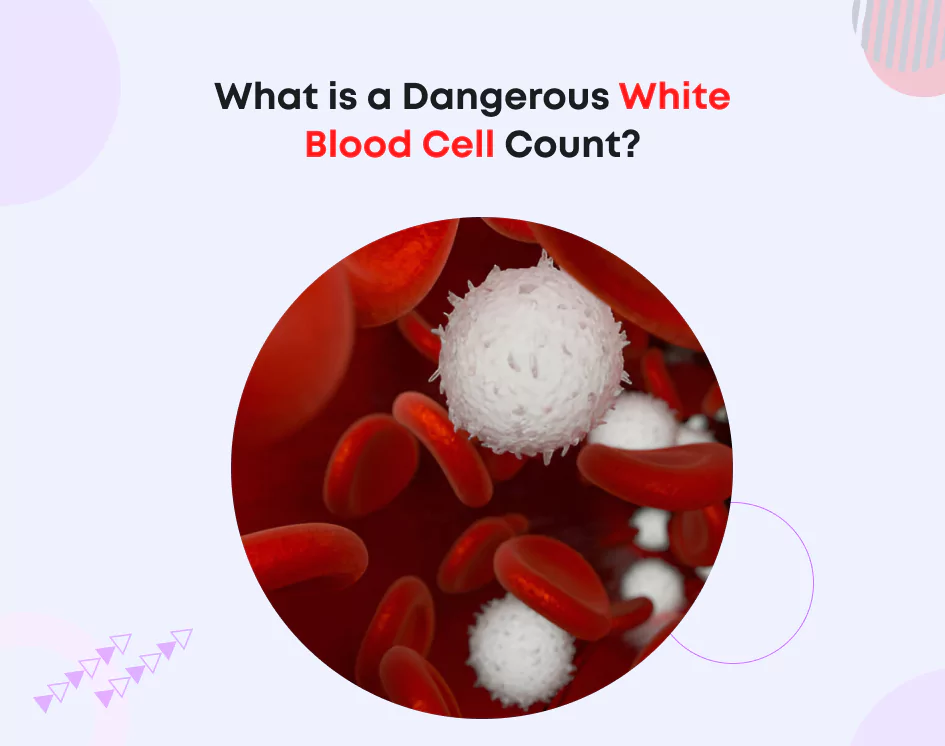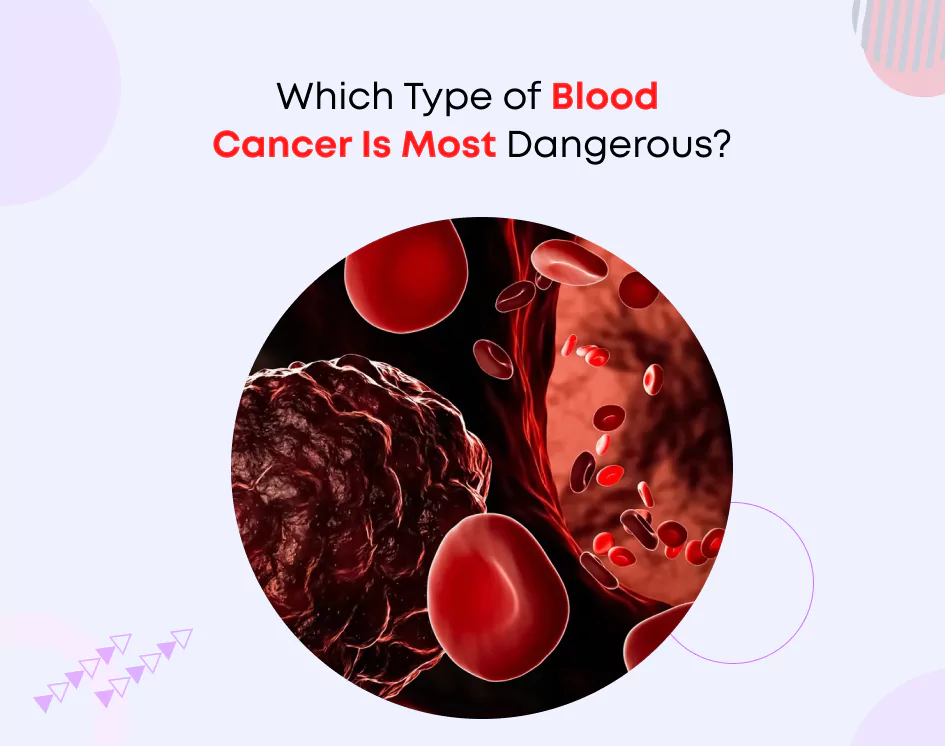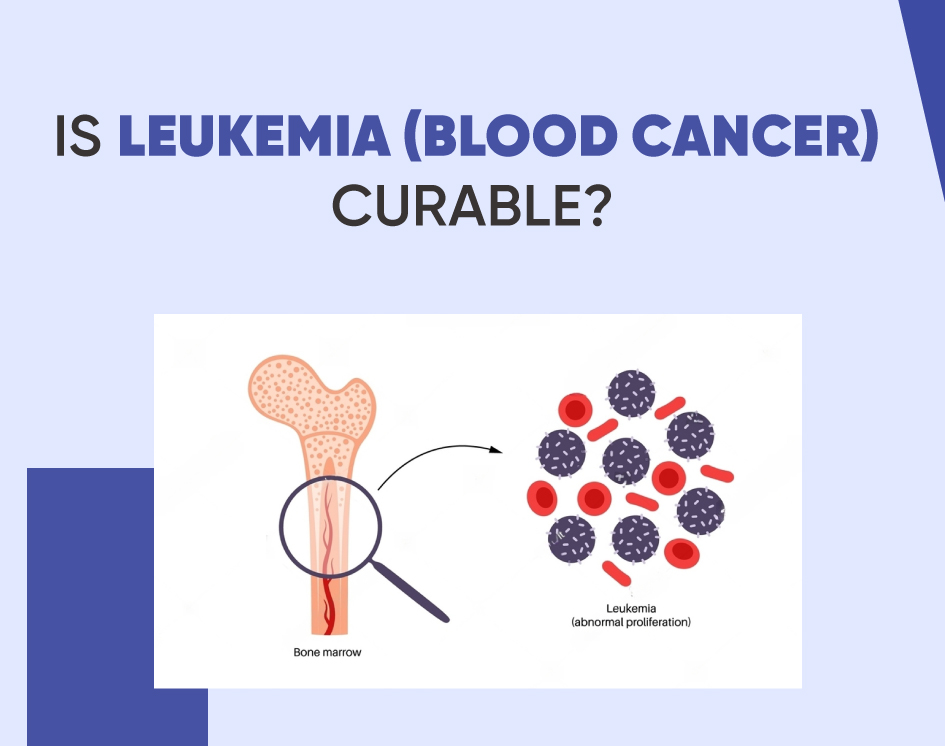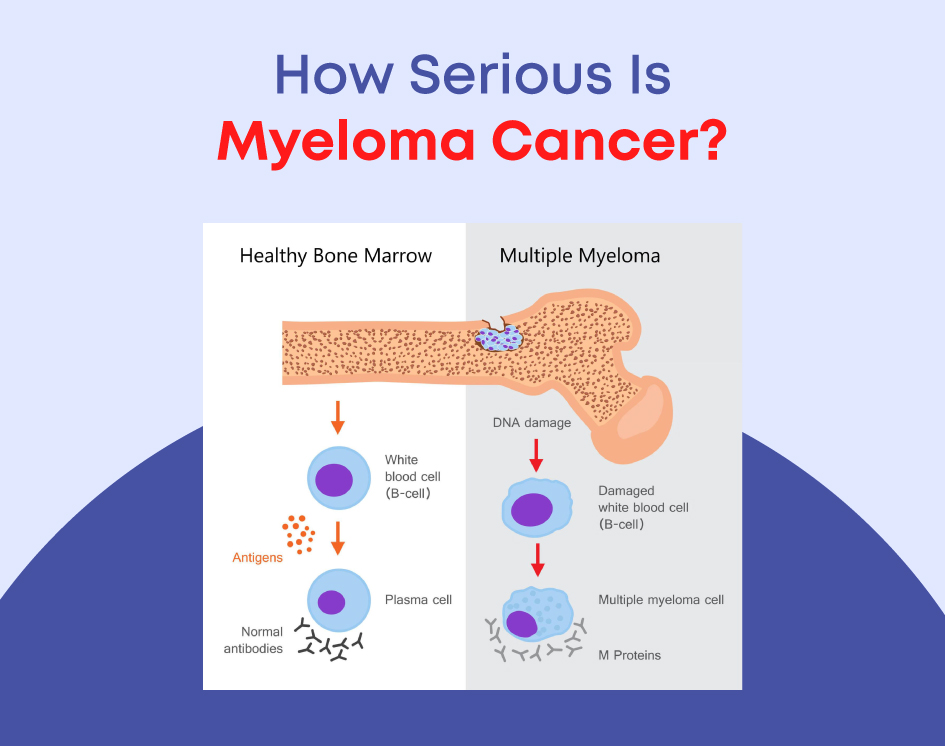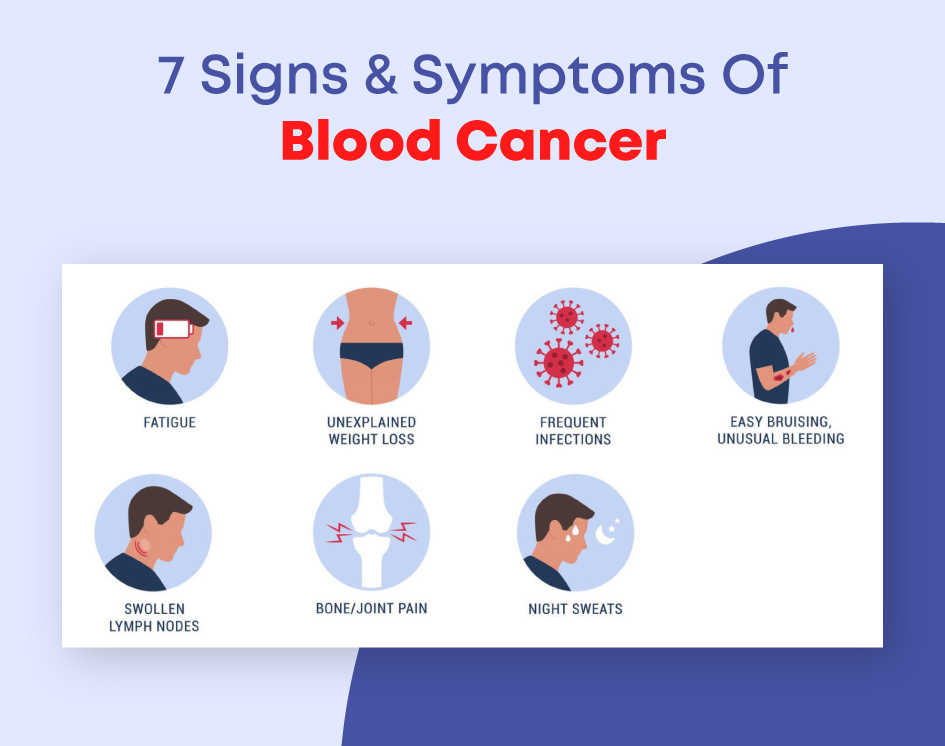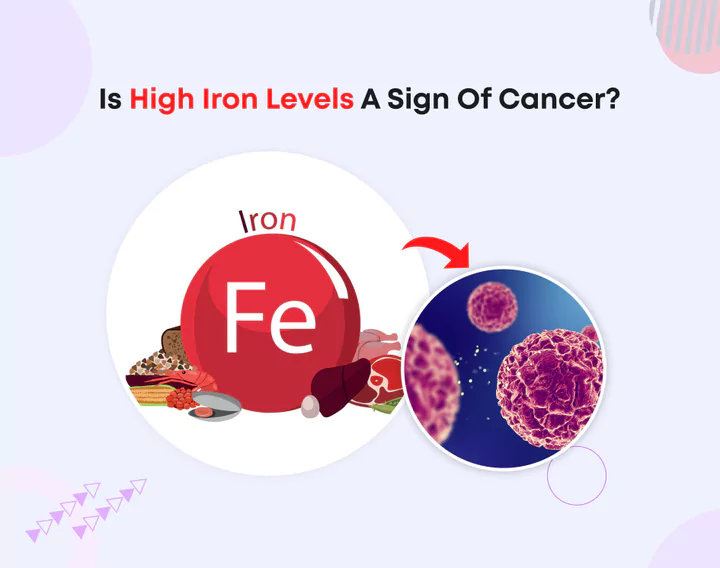When diagnosed with cancer, selecting the most suitable treatment becomes a critical decision. Among the leading options are chemotherapy and immunotherapy, two widely used but fundamentally different approaches to fighting cancer.
While both aim to destroy cancer cells, they work very differently and come with their own set of advantages and side effects.
In this blog, we’ll explore chemotherapy vs. immunotherapy, how they work, when they’re used, and how to decide which option may be right for your condition.
What Is Chemotherapy?
Chemotherapy is a conventional cancer treatment that uses potent medications to destroy rapidly dividing cells. Delivered through the bloodstream, these drugs travel throughout the body to target and eliminate cancer cells wherever they exist.
However, because chemotherapy cannot distinguish between healthy and cancerous fast-growing cells, it also affects other cells such as hair follicles, bone marrow, and the digestive tract.
How Chemotherapy Works?
Chemotherapy drugs interfere with the cell division process. Some damage the DNA directly, while others inhibit proteins that cancer cells need to survive and replicate.
Common Chemotherapy Side Effects
- Hair loss
- Fatigue
- Nausea and vomiting
- Weakened immune system
- Mouth sores
- Risk of infections
These side effects can vary depending on the type of drugs used and the individual’s overall health.
What Is Immunotherapy?
Immunotherapy, a newer form of cancer treatment, uses the body’s own immune system to fight cancer. Instead of attacking the cancer directly, it empowers immune cells to recognize and destroy cancerous cells.
There are several types of immunotherapy, including:
- Checkpoint inhibitors
- Monoclonal antibodies
- CAR T-cell therapy
- Cancer vaccines
How Immunotherapy Works?
Cancer cells often evade the immune system by suppressing its natural responses. Immunotherapy works by reactivating and retraining the immune system, enabling it to recognize, target, and eliminate these hidden cancer cells effectively. Some drugs remove the “brakes” on immune cells, allowing them to become more aggressive toward cancer.
Common Immunotherapy Side Effects
- Fatigue
- Skin rash
- Fever and chills
- Inflammation of organs (pneumonitis, colitis, hepatitis)
- Autoimmune reactions in rare cases
Though side effects are often less severe than chemotherapy, some can be long-lasting and require careful monitoring.
Chemotherapy vs Immunotherapy
| Feature | Chemotherapy | Immunotherapy |
| Mechanism | Directly kills rapidly dividing cells | Boosts the immune system to fight cancer |
| Target | Cancer and healthy fast-growing cells | Specific immune-related pathways or cells |
| Side Effects | More intense and widespread | Milder but can affect immune balance |
| Duration | Often cycles of a few weeks | Can be ongoing or long-term |
| Cost | Generally less expensive | Can be more costly due to complexity |
Which One Is More Effective?
There is no one-size-fits-all answer. The effectiveness of chemotherapy vs. immunotherapy depends on several factors such as:
- Type of cancer (e.g., lung, melanoma, leukemia)
- Cancer stage
- Genetic mutations
- Patient’s overall health and immune status
For example, chemotherapy is still the first-line treatment for many cancers like breast and colon cancer. However, immunotherapy has shown remarkable results in cancers like melanoma, non-small cell lung cancer, and certain lymphomas.
Can chemotherapy and immunotherapy be used together?
Yes. In many cases, oncologists & Hemato-oncologists use a combination of chemotherapy and immunotherapy to maximize treatment response. This is called chemo-immunotherapy. Chemotherapy can reduce the tumor burden quickly, while immunotherapy activates the immune system for longer-term control.
Combination therapy is particularly useful when cancer is aggressive or has spread to other parts of the body.
Pros and Cons of Chemotherapy
Pros:
- Works well for fast-growing cancers
- Widely available
- Immediate tumor reduction
- Can be combined with surgery or radiation
Cons:
- Damages healthy cells
- Severe side effects
- Risk of long-term complications like infertility
Pros and Cons of Immunotherapy
Pros:
- More targeted approach
- Fewer severe side effects
- Trains immune system for long-term defense
- Less invasive
Cons:
- Doesn’t work for all cancer types
- May cause immune-related side effects
- Slower initial response
- Expensive and not always covered by insurance
Choosing the Right Treatment for You
The choice between chemotherapy and immunotherapy isn’t easy. You’ll need to work closely with your doctor to consider:
- The type and stage of cancer
- Your health history
- Tumor biomarkers (e.g., PD-L1 levels for immunotherapy)
- Your tolerance for side effects
- Treatment goals (cure vs. control)
Some people may start with chemotherapy and transition to immunotherapy, while others might receive both from the beginning.
Future of Cancer Treatment
With the advancement of personalized medicine, doctors are now better able to tailor treatments based on genetic markers and immune profiling. This leads to more precise treatment, improved outcomes, and reduced side effects compared to traditional approaches.
Immunotherapy continues to evolve with innovations like cancer vaccines, oncolytic viruses, and adaptive cell therapies leading the way. Meanwhile, chemotherapy regimens are becoming more refined to minimize damage to healthy tissues.
Final Thoughts
Understanding the difference between chemotherapy and immunotherapy is crucial for anyone navigating a cancer journey. While chemotherapy works by directly attacking cancer cells, immunotherapy harnesses the body’s natural defense systems.
Each approach has its strengths and challenges, and in many cases, a combination of both may offer the best chance for recovery or control. Always discuss your options with your healthcare team, weigh the benefits and risks, and make an informed decision based on your unique needs.





